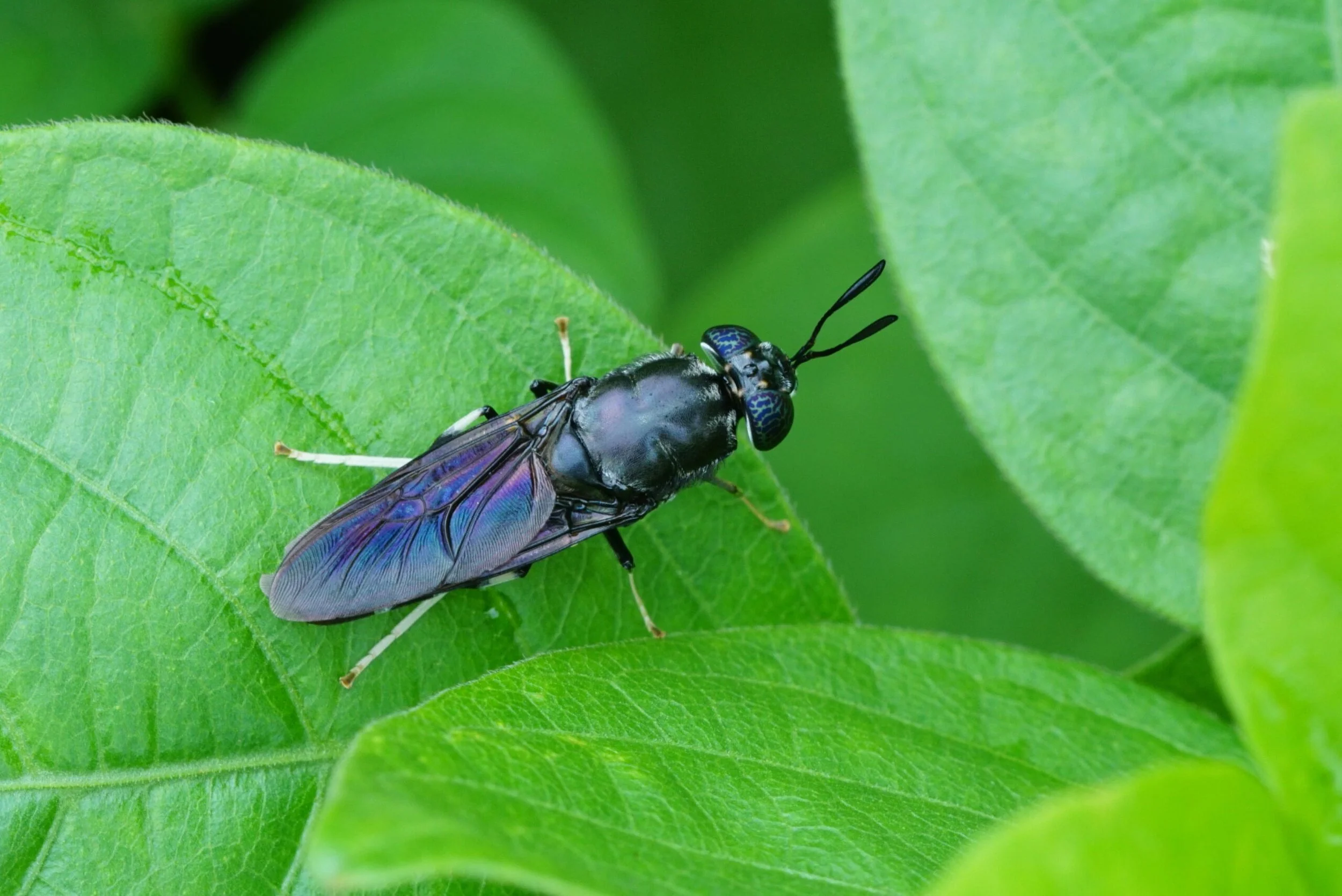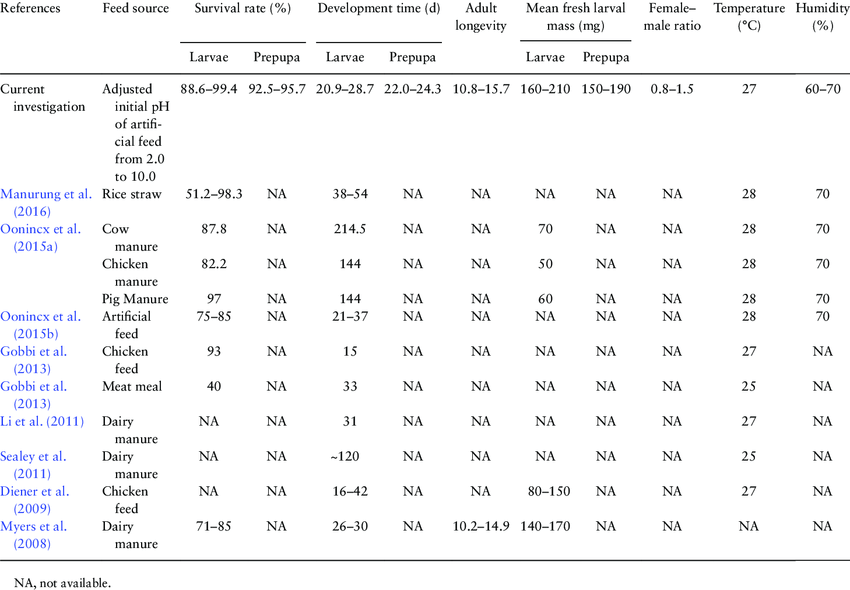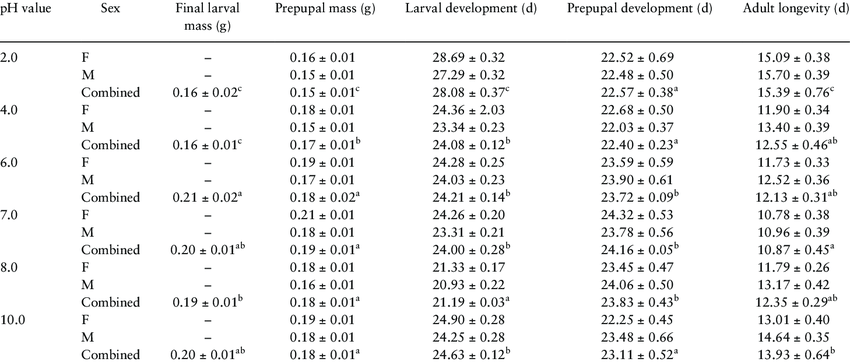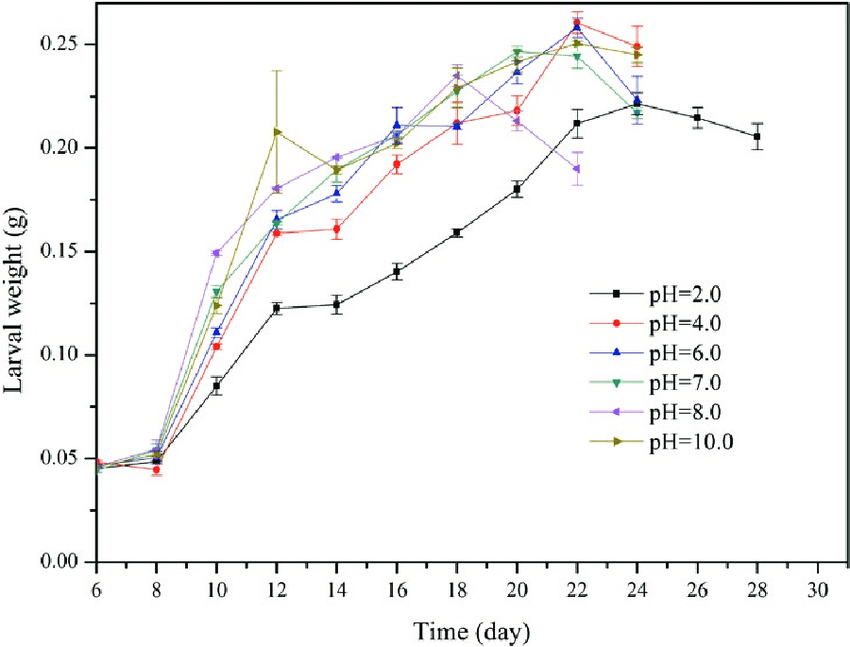
Research and Development
Pioneering Sustainability
At Eco Larvae, we are at the forefront of transforming agricultural practices through our dedicated research and development efforts. Our mission extends beyond farming—we are building a sustainable future by pioneering advanced solutions that utilize Eco Larvae products. Through rigorous science and innovative approaches, we aim to enhance environmental health and foster a resilient agricultural ecosystem.
Current Research Projects
Each initiative is designed to push the boundaries of sustainable agriculture, ensuring that we not only meet today’s needs but also pave the way for a greener tomorrow.
BSFL in Organic Waste Reduction
This project focuses on utilizing Black Soldier Fly Larvae (BSFL) to convert organic waste into valuable compost and protein. By reducing landfill use and recovering nutrients, this initiative showcases sustainable waste management practices.
Impact:
Environmental: Significantly reduces the volume of organic waste destined for landfills, lowering greenhouse gas emissions.
Agricultural: Enhances soil fertility through the production of high-quality, nutrient-rich compost.
Economic: Offers a cost-effective solution for waste management and produces valuable by-products.
Progress:
Black Soldier Fly Larvae (BSFL) are increasingly utilized in sustainable waste management projects to reduce landfill use and greenhouse gas emissions. These projects convert organic waste into valuable by-products like high-quality compost and animal feed, enhancing soil fertility and reducing agricultural production costs. Economically, BSFL initiatives lower waste management expenses and generate significant employment, particularly in urban settings like Abidjan, where over 35,000 green jobs can be created annually. While promising, optimizing BSFL density and ventilation in these systems remains a challenge, with ongoing research aiming to maximize efficiency and scalability for broader application.
pH Impact Study on BSFL Growth
This study investigates the optimal pH conditions for the growth and development of Black Soldier Fly Larvae. By adjusting the pH levels in feeding substrates, we aim to enhance the efficiency and output of BSFL cultivation.
Impact:
Scientific: Provides valuable data that can inform best practices for BSFL cultivation worldwide.
Operational: Helps in fine-tuning operational parameters to maximize yield and quality.
Sustainability: Supports more sustainable and scalable BSFL production by optimizing resource use.
Progress:
The Role of pH" project has advanced understanding of the optimal pH conditions for Black Soldier Fly Larvae (BSFL) growth. Research using machine learning and experimental methods has pinpointed a slightly alkaline pH (7-8) as ideal, enhancing larval survival and growth efficiency. Alkaline conditions improve organic material breakdown and increase volatile fatty acid production, essential for larval nutrition. These findings have led to improved management practices for pH adjustment, boosting BSFL cultivation yield, quality, and sustainability. The project contributes significant data towards global best practices for BSFL farming efficiency.
Looking Ahead: Future Research Initiatives
Eco Larvae is committed to exploring new frontiers in sustainable agriculture. Our future research initiatives are designed to push the boundaries even further, uncovering new ways to enhance environmental health and agricultural efficiency.
1. Optimization of Larval Growth Conditions
Overview: Building on the existing studies, future research will focus on further refining the environmental conditions—such as temperature, humidity, and pH levels—that optimize BSFL growth and productivity. This research aims to maximize the efficiency and output of larval processing facilities.
Goals: To identify the most cost-effective and resource-efficient methods for scaling up BSFL production while maintaining high quality and sustainability standards.
Impact: Enhanced productivity will lower costs and increase the availability of sustainable BSFL products for waste management and agricultural applications.
2. Expansion into New Markets
Overview: Investigating the potential for using BSFL in additional markets. Research will focus on ensuring the safety, nutritional value, and acceptability of BSFL products in these new markets.
Goals: To diversify the applications of BSFL products, thereby increasing market reach and promoting more widespread adoption of this sustainable technology.
Impact: Opening new markets will not only drive economic growth but also amplify the environmental benefits of BSFL technology by broadening its impact on waste reduction and nutrient recycling.
3. Carbon Footprint Analysis
Overview: Comprehensive studies to quantify the carbon footprint of BSFL production and use, compared to traditional waste management and agricultural practices. This research will provide critical data to support claims about the sustainability of BSFL technology.
Goals: To scientifically validate the environmental benefits of BSFL technology, particularly in terms of greenhouse gas emissions reduction.
Impact: Reliable data on carbon footprint reduction will enhance the credibility and marketability of BSFL products, aligning with global sustainability goals.
These initiatives represent strategic extensions of our current research activities, and aim to tackle critical questions that will support the growth and sustainability of our community. They also align with broader environmental objectives, making them appealing to potential investors, partners, and regulators.









